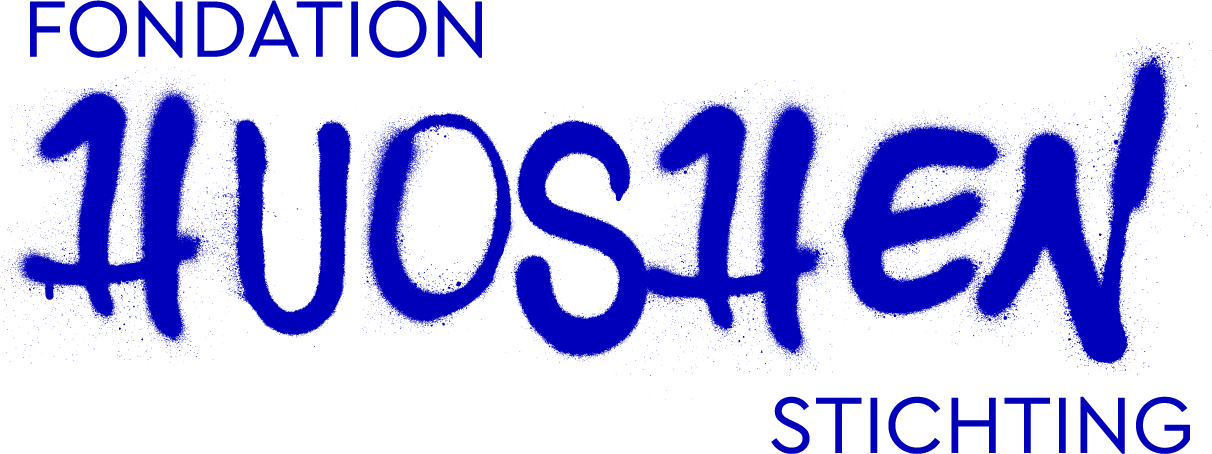Het psychofysieke veld is zeer ruim en gevarieerd. Het speelt zich af binnen verschillende settings (preventief, curatief, therapeutisch, en vrije tijd), en is toegankelijk voor een grote diversiteit aan doelgroepen (schoolcontext, kwetsbare jongeren, delinquenten, vluchtelingen, …). Bijgevolg is ook onderzoek hierover enerzijds zeer versnipperd, en anderzijds erg beperkt, met een grote focus op effectenstudies.
Taalbarrières en tijdsgebrek leiden er soms toe dat mensen afhaken in hun zoektocht naar literatuur hieromtrent. Om hier een beetje aan tegemoet te komen, wil de Huoshen Stichting hier af en toe wetenschappelijk gefundeerde boeken, artikels, en video’s over psychofysiek werken met jongeren in de kijker zetten, met telkens een korte beschrijving van de betrokken bron. Daarnaast zijn er ook de onderzoeksprojecten die met steun van de Huoshen Stichting gedaan zijn (zie hier).
Psychofysiek werken: de sleutel tot persoonlijk leiderschap >
Auteur: Baud Vandenbemden
Tijdschrift voor Agogisch Werk, uitgegeven bij Balans (2009). Pp. 6-10.
Weblink naar het artikel.
Dit artikel gaat over hoe psychofysieke methodes kunnen helpen bij het (bege)leiden van jezelf én organisaties, groepen of teams. Aan de hand van een kort verslag van vier concrete praktijkvoorbeelden van trainingen (twee met 11+, één rond sociale inclusie voor jongerenwerkers, en één voor beginnende leerkrachten in een middelbare school) wordt het leiderschapsmodel Thema Gecentreerde Interactie (TGC) gekoppeld aan het werken met het lichaam en toenemend lichaamsbewustzijn.
The potential of sports for socially vulnerable youth. >
The potential of sports for socially vulnerable youth.
(Rein Haudenhuyse, 2012, Brussels: VUBPRESS, doctoral thesis)
Keywords:
problematic behavior, social inequality, wellbeing, participation, sport, physical activity, diversity
Abstract of the author:
Sports are often recognized as an opportunity to engage socially vulnerable youth in a leisure context and not just in terms of participation in sports activities, but across a range of issues, including education, employment and training, community leadership and healthy lifestyles However, how sports practices can effectively contribute in creating such broader outcomes stays unclear and has been dealt with much scepticism. The purpose of the dissertation was to gain a better insight in how sports practices working with socially vulnerable youth could effectively generate wider social outcomes. The dissertation is built around three main chapters.
Regarding working with socially vulnerable youths in a sports setting, it was described in the first chapter that the knowledge of the specific situation of youths, a good command of sports organizational and didactical skills and understanding of the wider processes of social vulnerability would assure some success in organizing sport-plus programs that could create an added value beyond mere participation. By positioning the framework of social vulnerability, we were able to identify specific coaching and organizational processes that could be researched in different sports settings.
Drawing on the findings from the field research conducted in a Flemish (northern region of Belgium) sports (boxing) project, the second chapter critically discusses coaching dimensions with regard to perceptivity towards youth’s well-being, motivational climate, authority relationships, socio-psychological competences, the sports model and working towards competence. Apart from these socio-pedagogical coaching dimensions, this chapter also describes how the cultural capital of coaches interacts within the context of the sport-plus initiative.
Whereas the second chapter has mainly focused on how sports are delivered, the third chapter looks at the experiences young people have had in the context of the selected sport-plus practice, with the purpose of better understanding the potential of sports for socially vulnerable youth. From the field research it was found that boxing, within the setting of the sport-plus practice, meant different things for different participants. Considering the unique personal and situational characteristics of young people that were involved in the study, it could be reasonable expected that participating in the boxing initiative, generated unique experiences, which had divergent outcomes. The dissertation concludes with implications for policy and practice and formulates future research pathways.



